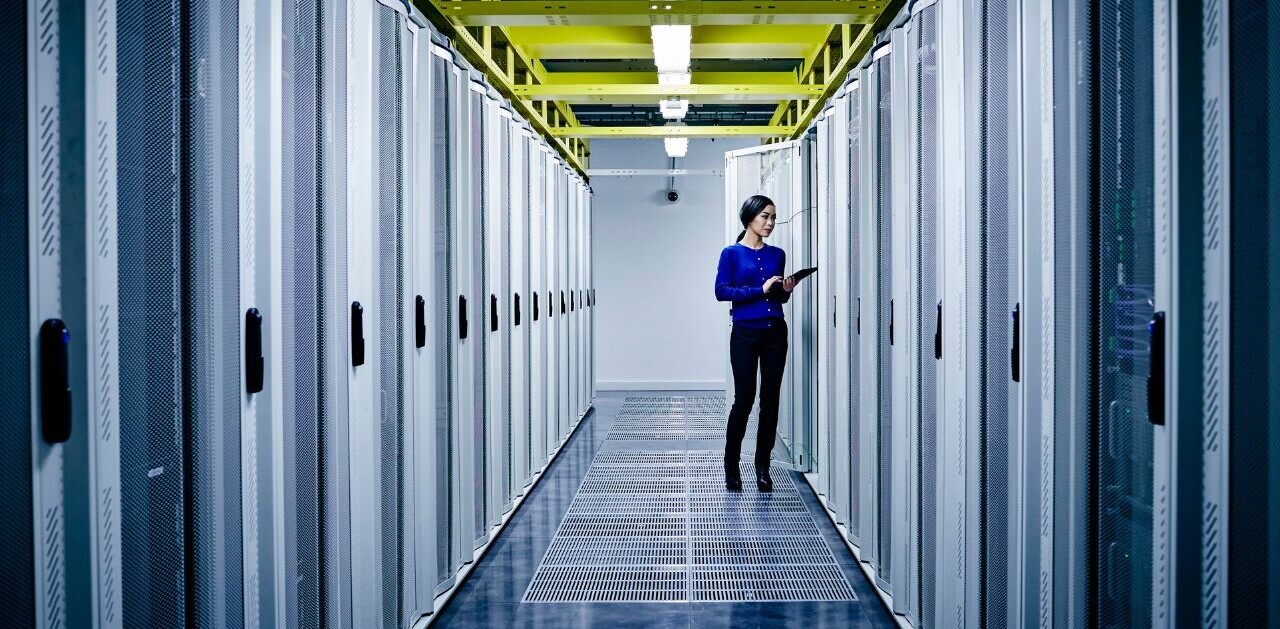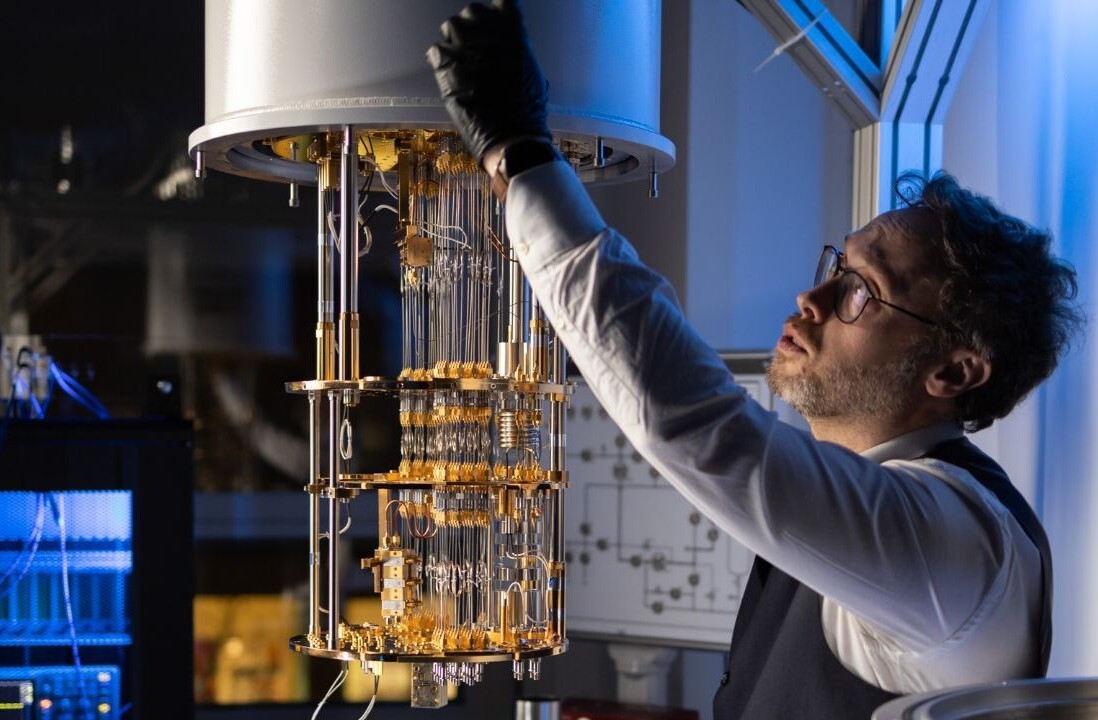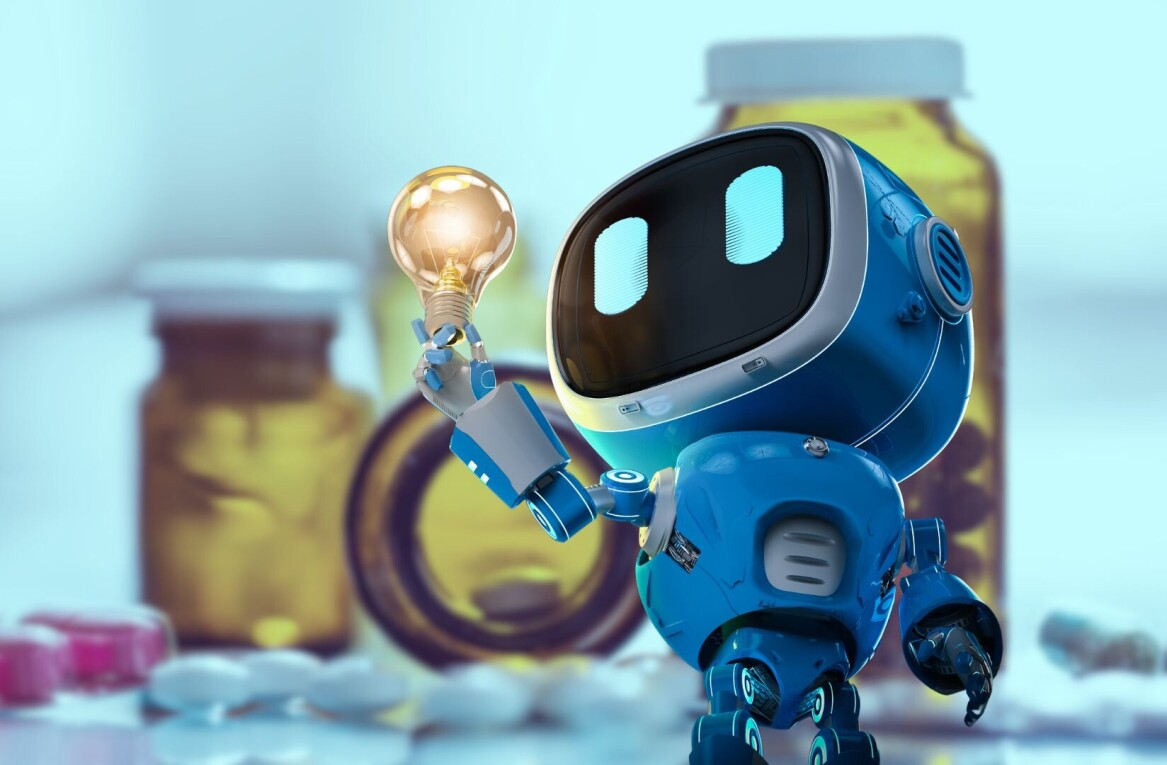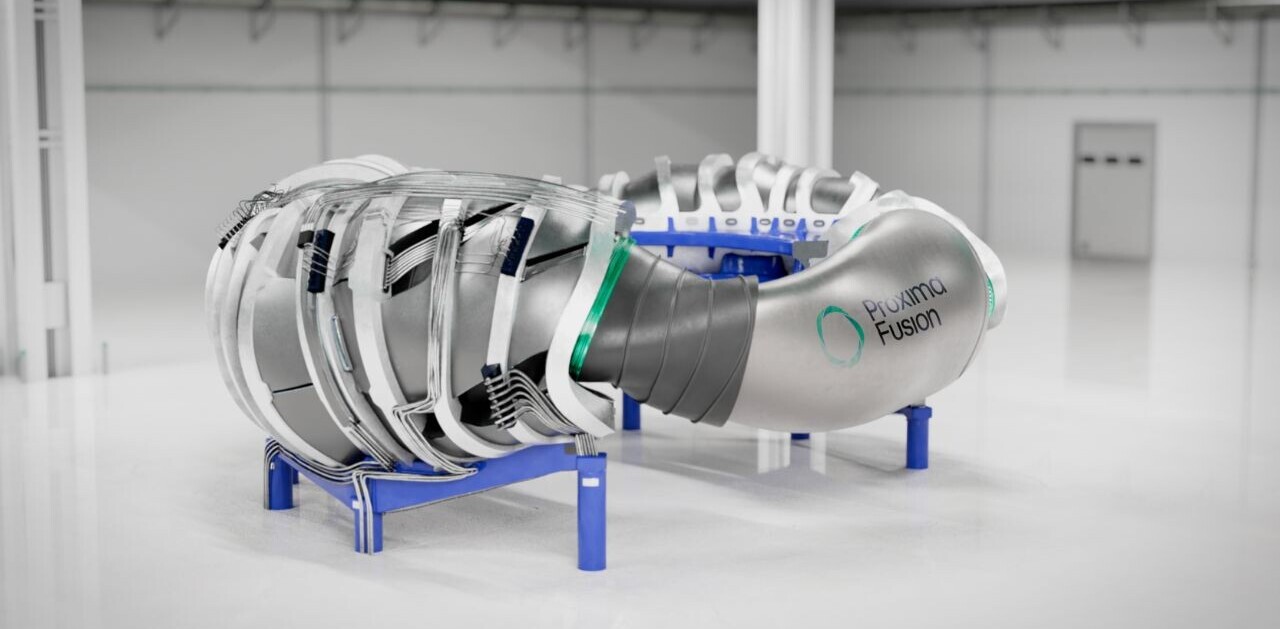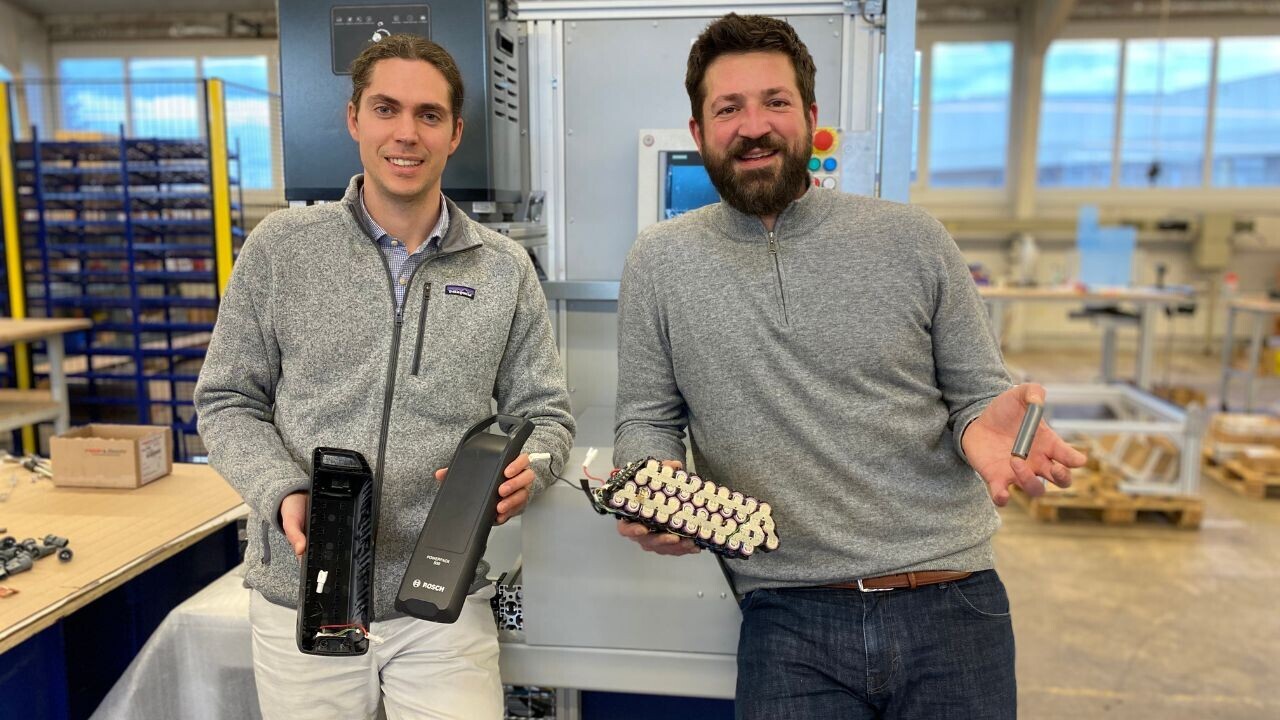
In a big boost to sustainable mobility, 130 million EVs are expected to hit Europe’s streets by 2035, reaching about half of the total vehicles on the continent. However, this also translates to 130 million dead batteries, which — unless recycled — could end up as a mountain of waste.
Battery upcycling startup Circu Li-ion aims to help solve this challenge. The company has raised €8.5mn in seed funding to create a fully circular battery value chain for Europe’s growing EV market.
Founded in 2021 and based in Luxembourg and Germany, the startup has developed an automated upcycling solution that enables the sustainable recycling of lithium-ion cells for reuse at scale.
Circu Li-ion builds its hardware and software in-house and offers a Machine-as-a-Service product. This harnesses AI to optimise battery discharging, dismantling, disassembly, and health diagnostics to reduce manual labor and minimise the environmental impact. The startup claims that its upcycling solution can save up to 48% of CO2 emissions compared to conventional recycling.
The company already counts several partnerships with OEMs, micromobility service providers, power tool manufacturers, and European recycling companies. Its ultimate goal is to upcycle three billion batteries by 2035.

With the new funding, Circu Li-ion will expand its Machine-as-a-Service solution to further European markets, while offering Disassembly-as-a-Service to enable its customers to upcycle their batteries at its facility in Karlsruhe, Germany. Meanwhile, it aims to improve battery sorting techniques using AI and research ways to innovate direct recycling.

Ambitiously, the company will also leverage AI and data to create the world’s largest battery recycling data repository to enable data-driven decision-making and support a fully circular battery supply chain.
Finally, the startup will use the capital to reinforce and forge partnerships with industry players, expand its main production facility in Karlsruhe, and double the number of its currently 34 employees.
“We are evolving our products with the agility and adaptability the swift-moving battery market demands,” said Xavier Kohll, co-founder and CTO at Circu Li-ion. “It’s more than creating relevancy — it’s about pioneering flexible solutions that carve out new possibilities for cleaner battery recycling.”

The funding round includes €4.5mn in equity investments, led by social venture capital BonVenture and backed by a number of industry players and Circu Li-ion’s own management team. The company raised an additional €4mn in grants from the European Innovation Council Accelerator (EICA) and a group of recyclers and OEMs.
“Circu Li-Ion puts a stop to the current destruction of value in the form of a technically sophisticated and particularly innovative solution, thus unlocking previously inaccessible potential down to the level of the individual cell,” said Nikolaj Klebert, Investment Manager at BonVenture. “This is what makes a particularly high level of sustainability possible in the first place and makes an important contribution to the transformation of many industries.”
Circu Li-ion’s services come at an opportune moment for the company (and the planet), following the EU’s new battery regulation, which aims to ensure a circular economy and will require mandatory minimum levels of recycled elements for EV batteries. These are set at 16% for cobalt, 85% for lead, and 6% for lithium and nickel, respectively.
“Batteries are key to the decarbonisation process and the EU’s shift towards zero-emission modes of transport. At the same time end-of-life batteries contain many valuable resources and we must be able to reuse those critical raw materials instead of relying on third countries for supplies,” said Teresa Ribera, Spanish minister for the ecological transition.
Get the TNW newsletter
Get the most important tech news in your inbox each week.
